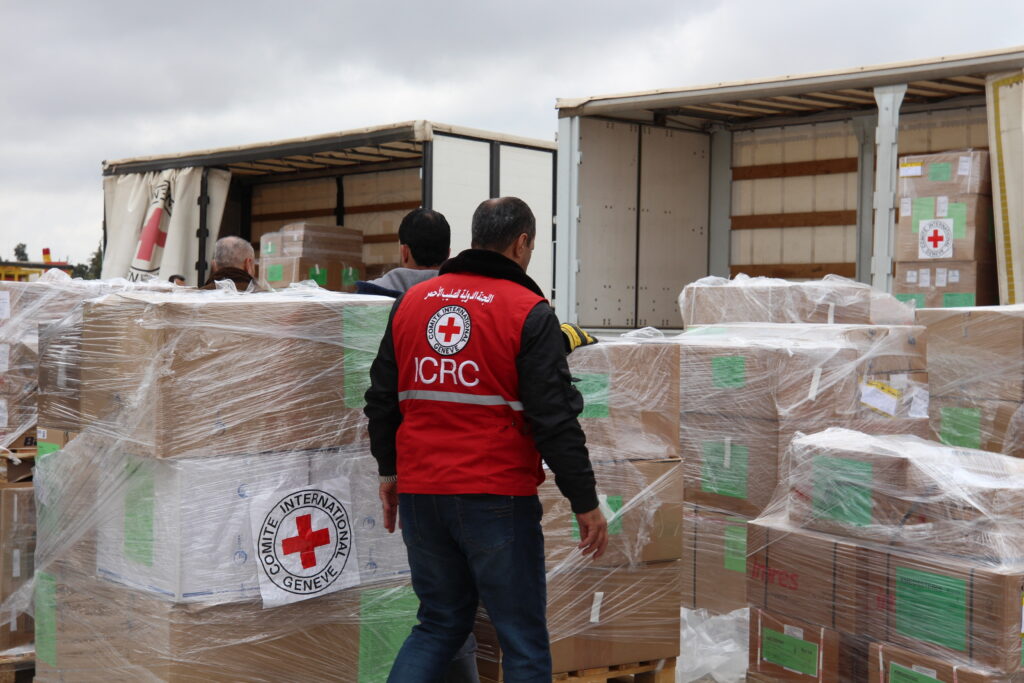
- ARAB NEWS
- 11 Jul 2025

DUBAI: International Committee of the Red Cross’ (ICRC) Head of Energy and Water Hub Joe Battikh said there is a grey zone between natural disasters and conflict zones when it comes to water and energy resources.
Speaking to Arab News Japan, Battikh said that between conflicts and natural disasters, there is wide interlinkage.
“For example, when there was an earthquake in Syria, none of the international players were allowed to send the help. Yes, they were able to help Türkiye, but not Syria because it was a conflict zone,” he explained.
Battikh said the ICRC intervenes when a conflict is man-made, and the Red Cross intervenes with there is a natural disaster.
The ICRC trains its engineers in new technology as part of their mandate to reduce the organization’s carbon footprint. “We know that there is a link between conflict and climate change,” he added.
Battikh told Arab News Japan that since 2011, the war in Syria has impacted water security, especially in the city of Damascus.
“There’s a huge lack of access to clean and fresh and safe water for Syrians,” he said. “The infrastructure of the water plant in Damascus is 50 percent destroyed. We worked with the Syrian Red Crescent in order to re-establish the plant to make sure there is water access to the population.”
These situations can lead to disease and illness, Battikh added, as seen during the cholera outbreak last year in Syria and Lebanon.
Projects like this worked on by the ICRC are meant to be long-term and sustainable, according to Battikh.
He explained that the effect of weapons and bombings on water in conflict zones is similar to what Japan faced in Fukushima with its nuclear plant contamination.
Battikh, however, told Arab News Japan that unlike natural disasters, war zones are more unpredictable.
“The ICRC trains its engineers to create environmentally friendly solutions,” he added. “We train our engineers also on implementing or working with submersible water pumps and solar energy, because one of the main issues is a lack of access to energy in conflict zones.”
In November, the ICRC partnered with the UAE’s Sharjah Research Technology & Innovation Park to establish the first Energy and Water Knowledge Hub in the MENA region.
The hub’s aim is to find innovative solutions for humanitarian challenges in the field of water and energy. It will also host in-person classes and provide technical laboratories to train ICRC staff and other organizations on renewable energy.